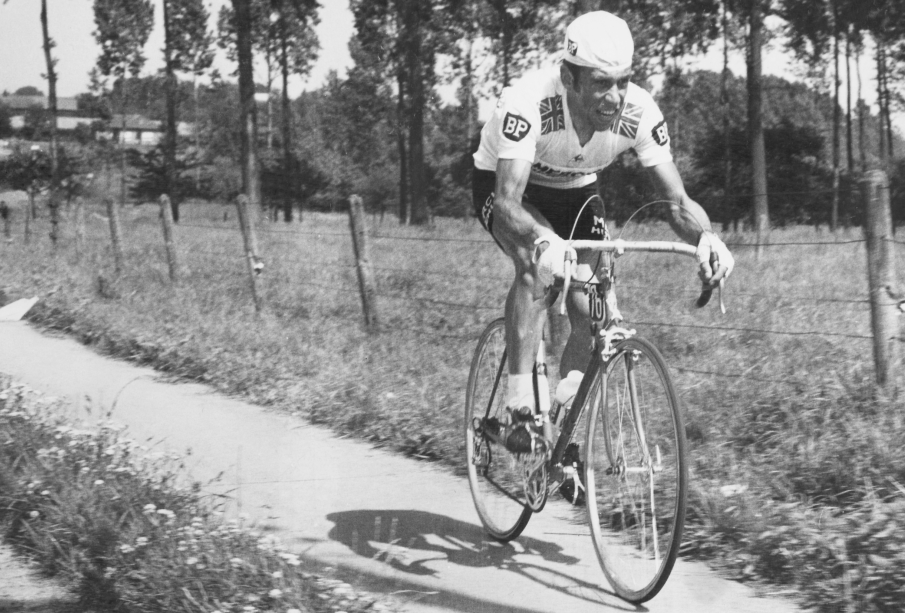Celebrating Barry Hoban: A Cycling Legend

Introduction
Barry Hoban is a name synonymous with British cycling, renowned for his remarkable career and significant contributions to the sport. His prominence during the 1960s and 1970s positioned him as one of the most successful British cyclists, and his legacy continues to inspire new generations. With a career spanning over a decade and numerous victories under his belt, Hoban’s story is vital to understanding the evolution of competitive cycling in the UK.
Career Highlights
Barry Hoban turned professional in 1969 and quickly rose to fame for his relentless determination and remarkable sprinting abilities. He became particularly well-known for his performance in the prestigious Tour de France, where he achieved an impressive seven stage wins, a record that stood out at a time when British cyclists were just beginning to make their mark internationally.
In addition to his Tour de France successes, Hoban also made waves in other major competitions, including the Giro d’Italia and Vuelta a España. One of his significant achievements was in the 1970 Giro, where he won two stages and became one of the first British cyclists to gain a substantial foothold in professional cycling’s elite circle.
Significance in Cycling History
Hoban’s achievements were not just personal victories but also pivotal moments for British cycling as a whole. His successes on the continental stage paved the way for future generations of cyclists from the UK, demonstrating that they could compete effectively against the best in the world. Additionally, Hoban’s participation in international races helped raise the profile of cycling in Britain, contributing to a burgeoning interest in the sport among the public.
In recent years, Hoban has often reflected on his journey and the evolution of cycling. He has been a vocal advocate for youth cycling and the importance of nurturing new talent in the sport. His insights into the changes within professional cycling, such as the rise of technology and modern training methods, underscore his broad understanding and passion for the sport.
Conclusion
As a cycling legend, Barry Hoban’s impact extends far beyond his individual achievements. He remains an emblem of perseverance and dedication, embodying the spirit of British cycling through his exceptional career. Looking ahead, the foundations he laid continue to inspire athletes and cycling enthusiasts alike, ensuring that his legacy will endure in the annals of cycling history. As the sport evolves and new champions emerge, the story of Barry Hoban serves as a reminder of the hard work and commitment required to reach the top of competitive cycling.



